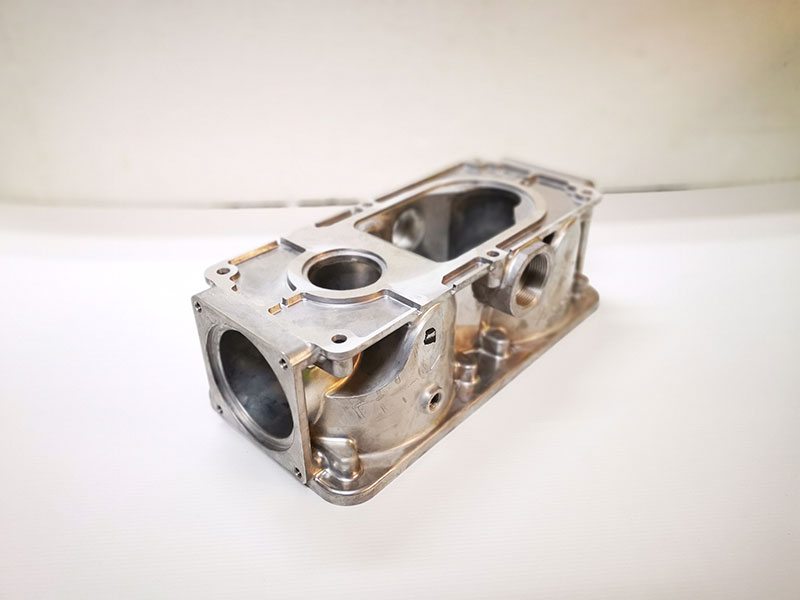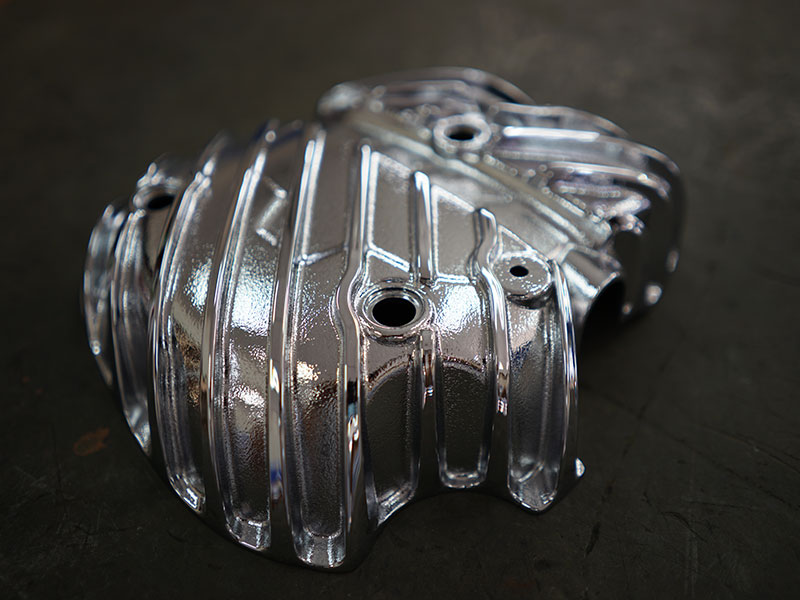Diecasting has become a vital part of Malaysia’s manufacturing landscape, playing a crucial role in producing high-quality metal components for various industries. This process, which involves forcing molten metal into a mold cavity under high pressure, is known for its precision and ability to produce complex shapes. Malaysia’s diecasting industry has grown significantly in recent years due to the country’s strategic location, skilled workforce, and commitment to technological advancements. As a result, Malaysia has emerged as a hub for diecasting in Southeast Asia, catering to industries such as automotive, electronics, and consumer goods.
One of the main reasons for the growth of diecasting in Malaysia is its application in the automotive sector. The automotive industry relies heavily on diecasting to produce lightweight, durable components like engine blocks, transmission cases, and structural parts. These components are essential for reducing vehicle weight, improving fuel efficiency, and maintaining strength and safety. As global demand for more fuel-efficient and environmentally friendly vehicles rises, Malaysian diecasting companies are poised to capitalize on this trend by producing innovative solutions that meet these new requirements. The country’s automotive industry has seen increased collaboration with international companies, further boosting its capabilities in diecasting.
The electronics industry in Malaysia also greatly benefits from diecasting processes. As a leading global electronics exporter, Malaysia produces a wide range of products, from semiconductors to consumer electronics. Diecasting plays an integral role in creating metal housings and components for these devices, ensuring durability and precision in the final product. With the rise of smart devices and the Internet of Things (IoT), the demand for intricate diecast parts has increased significantly. Malaysian manufacturers are meeting this demand by adopting advanced diecasting techniques, including automation and robotics, to ensure the production of high-quality components cost-effectively.

Technological advancements in aluminum die casting Malaysia have been pivotal in propelling Malaysia’s diecasting industry to new heights. Malaysian diecasting companies are investing in state-of-the-art equipment and machinery, such as high-pressure diecasting machines and computer-aided design (CAD) software, to improve efficiency and accuracy. This integration of technology has enabled manufacturers to reduce production times, minimize waste, and produce more complex and precise components. Additionally, innovations in materials science have allowed for the use of lightweight alloys, such as aluminum and magnesium, further enhancing the performance and sustainability of diecast products.
Malaysia’s skilled workforce is another critical factor driving the growth of the diecasting industry. The country has placed significant emphasis on education and vocational training, ensuring that its workers are equipped with the necessary skills to operate advanced diecasting machinery and technologies. Local universities and technical institutes offer specialized programs in engineering and manufacturing, creating a pipeline of talent for the industry. Moreover, the government has introduced initiatives to encourage research and development in diecasting, fostering innovation and ensuring that Malaysian companies remain competitive on the global stage.
As Malaysia’s diecasting industry continues to grow, the country is also placing a strong focus on sustainability and environmental responsibility. Diecasting is a highly efficient process that generates minimal waste, and the use of recyclable materials, such as aluminum, further reduces the environmental impact. Malaysian companies are adopting green manufacturing practices, such as energy-efficient machinery and closed-loop recycling systems, to minimize their carbon footprint. These efforts align with global trends toward sustainable manufacturing and position Malaysia as a leader in eco-friendly diecasting solutions.
In conclusion, Malaysia’s diecasting industry is rapidly evolving, driven by its application in key industries such as automotive and electronics, technological advancements, and a skilled workforce. The country’s commitment to innovation and sustainability has positioned it as a significant player in the global diecasting market. As demand for lightweight, durable, and environmentally friendly components continues to grow, Malaysia is well-positioned to meet these needs, solidifying its role as a leading hub for diecasting in the region. The future of diecasting in Malaysia looks bright, with continued investment in technology, talent, and sustainable practices ensuring its long-term success.
